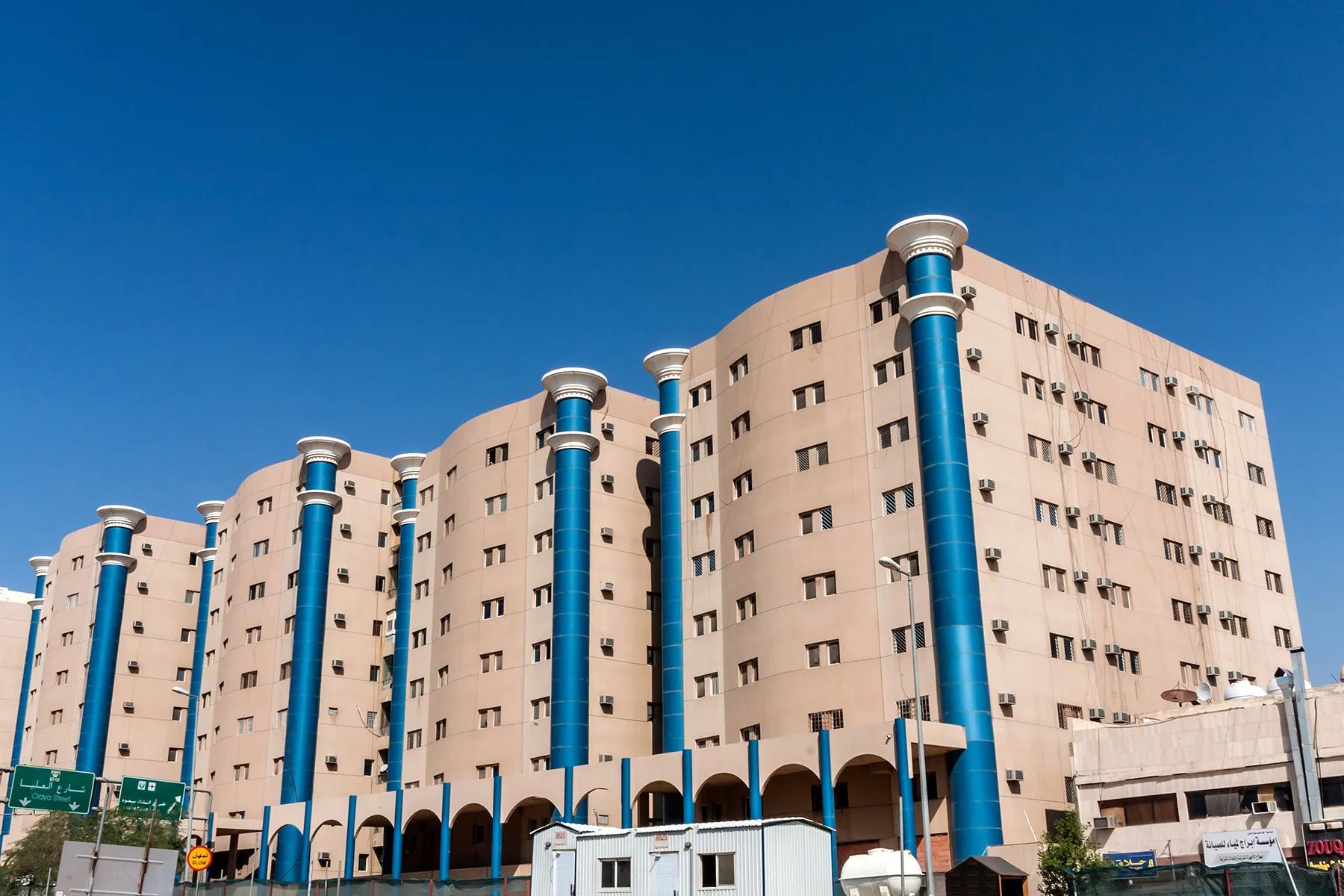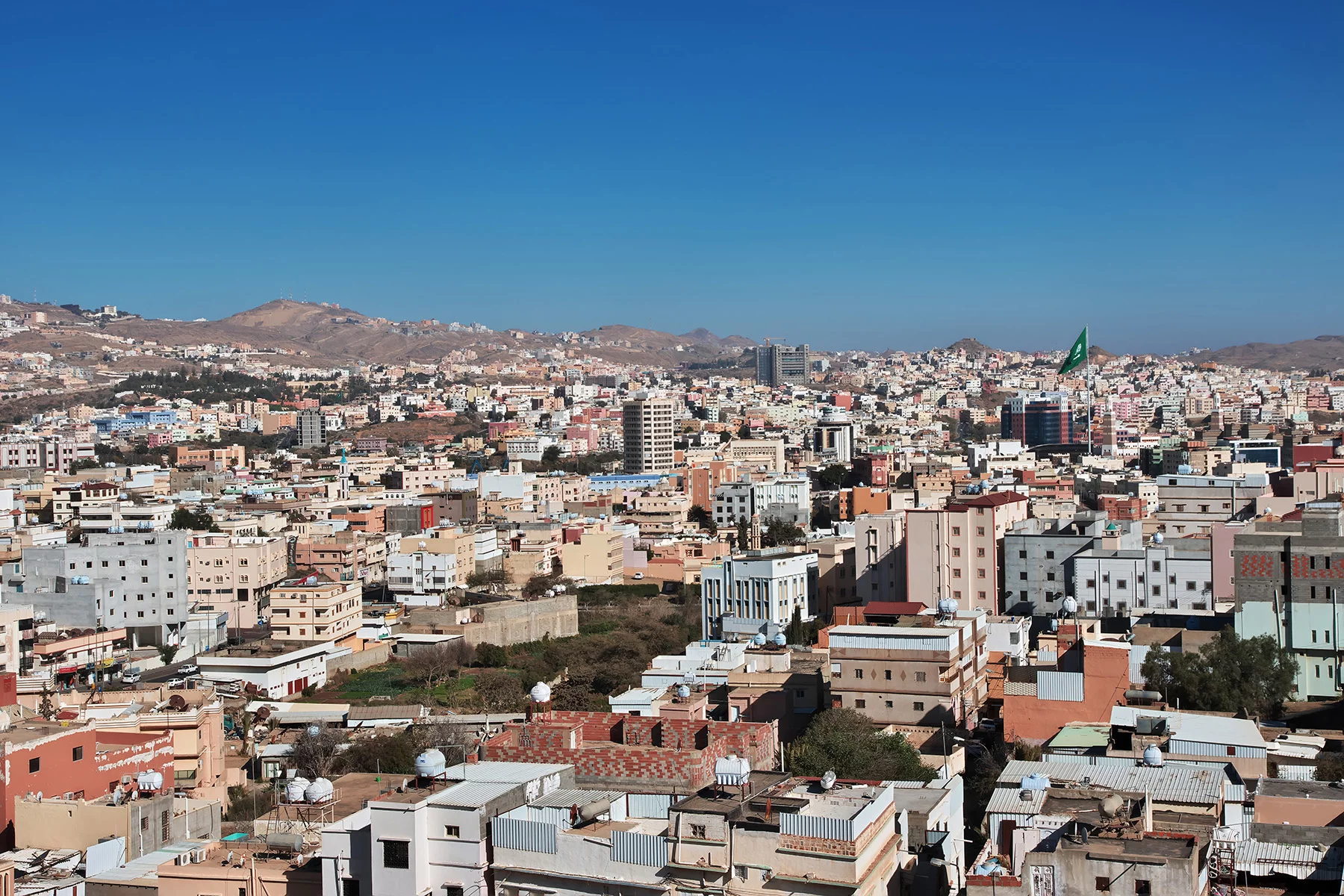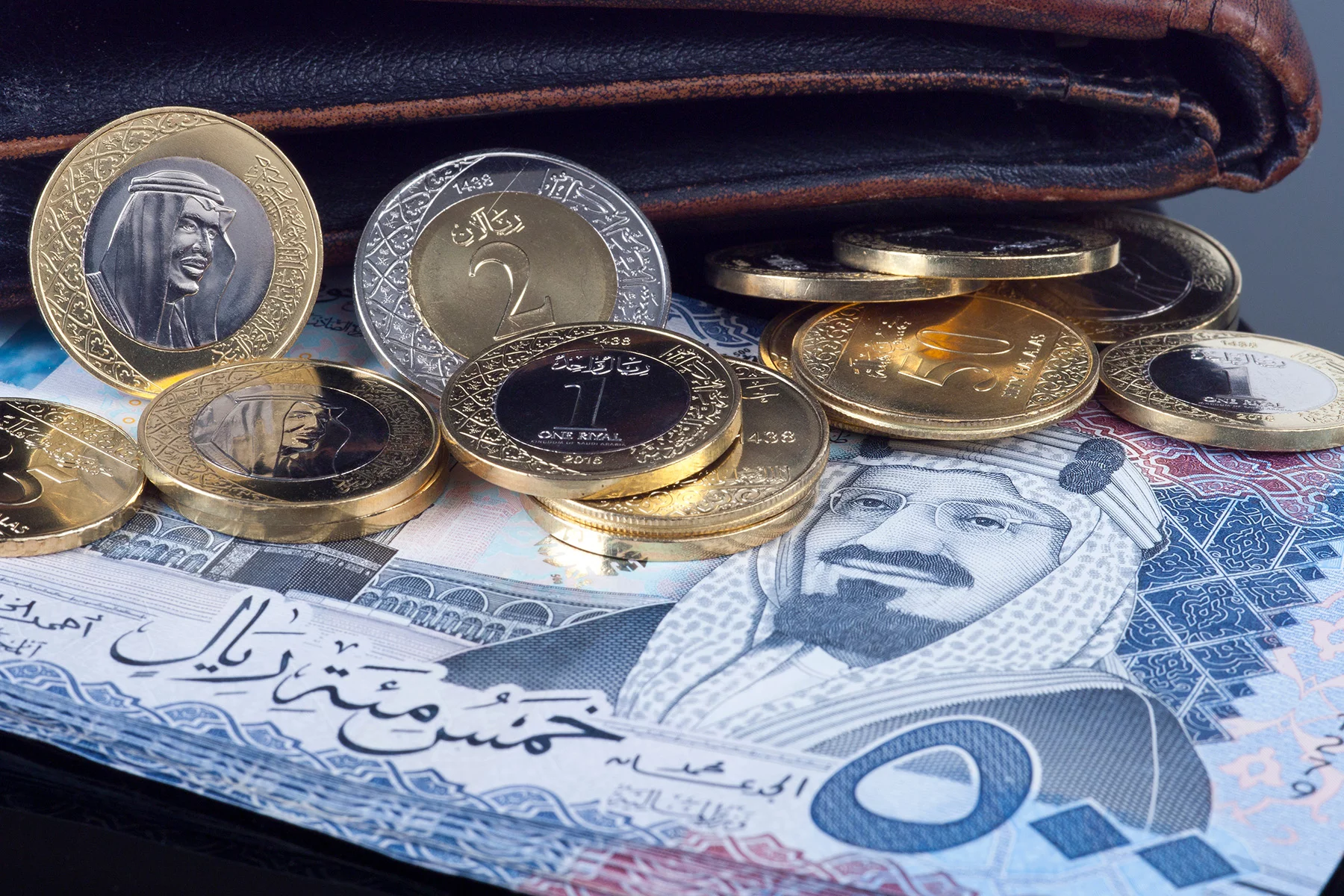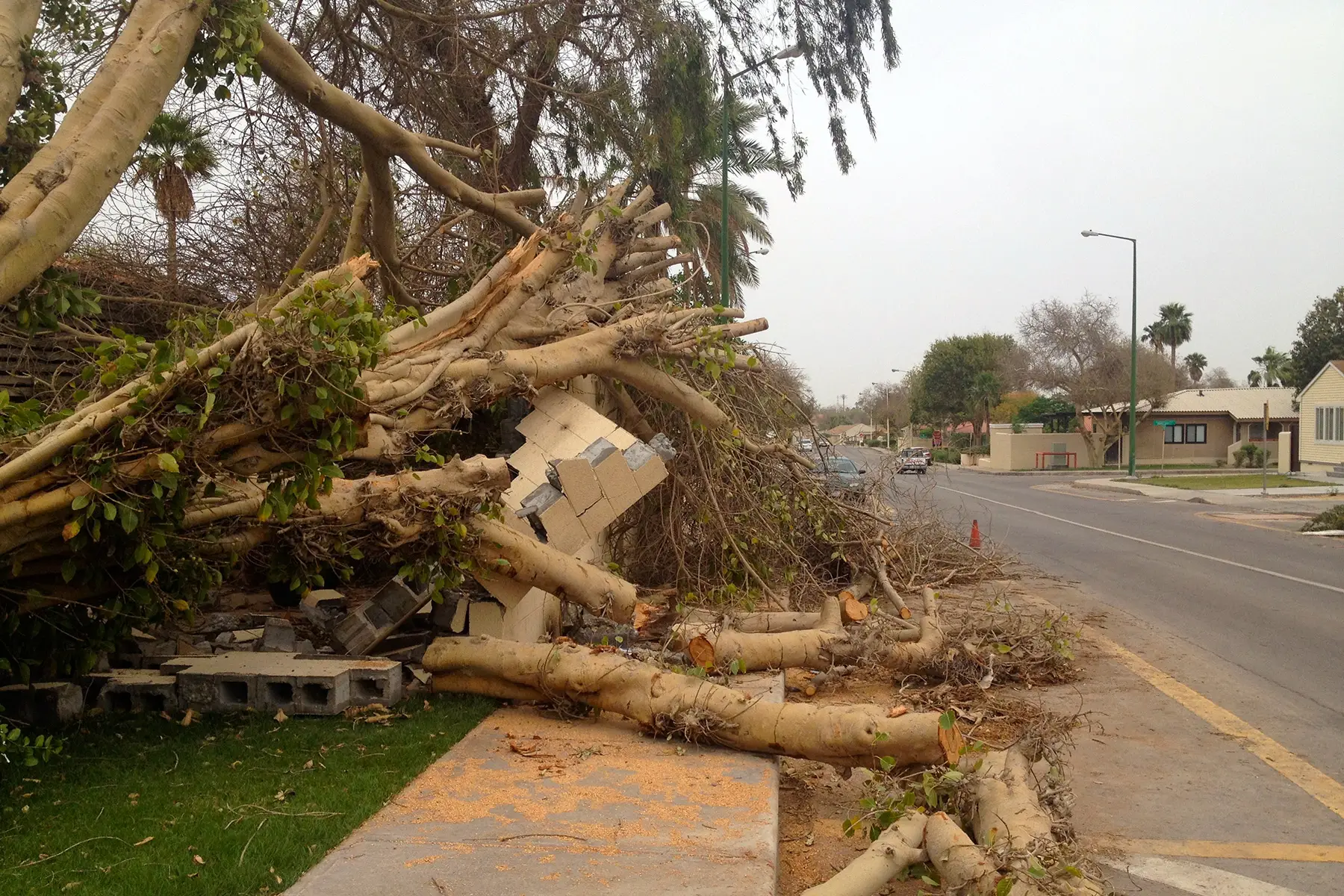Mortgages in Saudi Arabia are still a new phenomenon, and it remains difficult for expats to take out a home loan. This helpful guide includes advice on the following:
Mortgages in Saudi Arabia
Mortgages in Saudi Arabia have only been permitted by the government since 2012. Their introduction came after decades of deliberation over whether home loans should be Sharia-compliant.

In 1981, the Supreme Judicial Council ruled that mortgages were un-Islamic, resulting in more than thirty years of debate over how to introduce home finance. It was eventually decided that mortgages would follow the principles of Sharia law.
Saudi Arabia still has one of the lowest mortgage penetration rates in the world. Currently, just 8% of homes are bought with mortgages, compared to more than 50% in many western countries.
Housing is a major area of discussion and discontent in Saudi Arabia. The severe lack of affordable housing and realistic financing options are among the biggest challenges facing the country’s government.
To ease the housing crisis, the government says it will build 1.5 million affordable homes before 2030 and increase homeownership levels to 70%.
Mortgage alternatives in Saudi Arabia
Instead of taking out mortgages, many Saudi nationals use long-term loans from the Saudi Real Estate Refinance Company (SRC). The SRC’s Real Estate Development Fund has existed since 1974 and offers interest-free loans to Saudi nationals.
Real-estate loans can be difficult to obtain, with some borrowers waiting for a decade or more. This over-subscription has resulted in hundreds of thousands of residents being on the fund’s waiting list.
The government announced that women would be able to apply to use the fund in February 2019.
Should you buy property in Saudi Arabia?
Homeownership is out of reach for many Saudi citizens. Some reports have also indicated that expats moving to the country either can’t afford a home or have no intention to buy one.

Properties in Saudi Arabia can cost as much as 10 times one’s annual income, and there are limits on where foreigners can purchase homes. Mecca and Medina are completely off-limits to foreign buyers unless the properties are acquired through inheritance.
The government is currently working on improving foreign access to property by building new cities. The King Abdullah Economic City, which is currently in development, is set to host freehold developments available to expat buyers.
Foreign buyers must get approval from the Ministry of Housing before buying a home – a process that can take up to a year.
Do expats buy homes in Saudi Arabia?
Many UK expats who move to Saudi Arabia for work focus their attention on buying or refinancing properties back home, rather than getting on to the property ladder in the Kingdom.
Indeed, research by the UK lender Marsden Building Society found that UK expats living in Saudi Arabia were those most likely group to take out mortgages in the UK.
Who can get a mortgage in Saudi Arabia?
Theoretically, local people and expats can both get home loans in Saudi Arabia, however, the market is still very much developing. This means that many banks still won’t lend to expats, and those who require a mortgage may find they are overlooked in favor of cash buyers.

Lending difficulties mean it can be easier for expats to obtain a mortgage from an international bank or a lender in their home country that offers overseas mortgages. If you choose to do this, you should take independent advice and be aware of the dangers of currency fluctuations.
The government is attempting to improve access to mortgages. In 2018, it announced it would double mortgage lending and expand the sector of banks offering home loans. Once the financing system is complete, the government claims Saudi nationals will have 18 lenders to choose from.
Types of mortgages in Saudi Arabia
Bank finance in Saudi Arabia must be compliant with Sharia law, which means interest isn’t charged in a traditional sense. Instead, you make repayments on both the principal part of the loan and the ‘rental’ part – the part of the home owned by the bank.
Under Sharia law, banks must avoid charging unreasonable fees for late or missed payments. and repossession can only be undertaken after all other options are exhausted.
Direct (murabaha) and fixed-rate mortgages are often only available to locals. As a result, foreign buyers may need to use Ijarah finance. Ijarah finance works like this. The loan is provided with a variable interest rate, and the house will technically still belong to the bank. The deeds will be transferred into your name once you have made all mortgage payments.
How to apply for a mortgage in Saudi Arabia
Long-term stability of employment and earnings are the main things lenders in Saudi Arabia will look for in an applicant. Buyers who work for smaller or less-established companies can find themselves locked out of homeownership entirely.
To buy a home, you will need to have saved up your own deposit. If you have borrowed the money you will struggle to get approved for a loan.
To apply for a mortgage, you will first need a letter of approval from the government. You can only buy the home you are going to live in yourself, as foreign workers are only allowed one letter of approval.
Mortgage application fees in Saudi Arabia can quickly add up. Therefore, it can be useful to shop around or take advice from a broker to see if you can find a better deal.
Property insurance in Saudi Arabia
All-risk and specified perils are the two main types of home insurance policies in Saudi Arabia.
All-risk insurance is the equivalent of having comprehensive buildings insurance. This protects the property from loss or damages caused by everything from natural disasters to electrical problems.
Specified perils insurance only covers against fire and other issues which are listed in the policy. These commonly include perils such as storm damage and burst pipes.
Mortgage repayments in Saudi Arabia
Most commonly, people with mortgages in Saudi Arabia have their monthly repayment taken automatically from the account into which their salary is paid.



